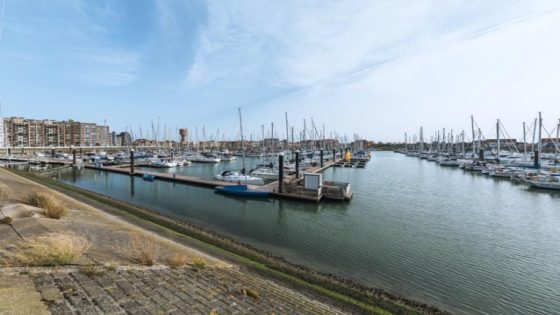On February 6, 2025, Pedro Campos was appointed as the new leader of the PSB party in Brazil. He advocates for wearing a blue cap that reads “O Brasil é dos brasileiros,” a symbol of patriotism. But what does this mean for Brazil’s political landscape?
- Pedro Campos is the new PSB leader.
- Boné azul symbolizes Brazilian patriotism.
- "Guerra dos bonés" reflects political division.
- Campos emphasizes improving citizens' quality of life.
- New leaders may enhance government dialogue.
- Report produced with AI assistance.
As Campos steps into leadership, the cap has sparked a “war of caps” among supporters, highlighting the deep divisions in Brazilian politics.
Pedro Campos: New PSB Leader Advocating for Brazilian Patriotism
What does it mean to be a patriot in Brazil today? Pedro Campos believes it starts with valuing the country’s culture, language, and people. His recent appointment as the leader of the PSB party comes with a push for a blue cap that symbolizes national pride. This cap, introduced by Minister Sidônio Palmeira, has become a rallying point for supporters of the current government.
Impact of the Blue Cap on Brazil’s Political Landscape
The blue cap has not only become a symbol of patriotism but also a flashpoint for political rivalry. Supporters of former President Jair Bolsonaro have countered with their own caps, creating a visual representation of the ongoing political struggle. This rivalry raises questions about unity and identity in Brazil.
Understanding the Symbolism Behind the Blue Cap
The blue cap represents more than just a fashion statement; it embodies a growing sense of nationalism among some Brazilians. Here are key points to consider:
- The cap promotes a narrative of Brazilian ownership and pride.
- It contrasts with rival symbols from opposing political factions.
- It reflects broader themes of identity and governance in Brazil.
- It has sparked discussions about the role of symbols in political movements.
Pedro Campos and the Future of the PSB Party
As the new leader, Campos emphasizes the importance of dialogue between the government and Congress. He believes that new leadership can foster a more productive political environment. His commitment to improving citizens’ quality of life is a central theme in his agenda.
In conclusion, Pedro Campos’ leadership and the blue cap symbolize a pivotal moment in Brazilian politics, highlighting the ongoing struggles for identity and governance in the country.





























